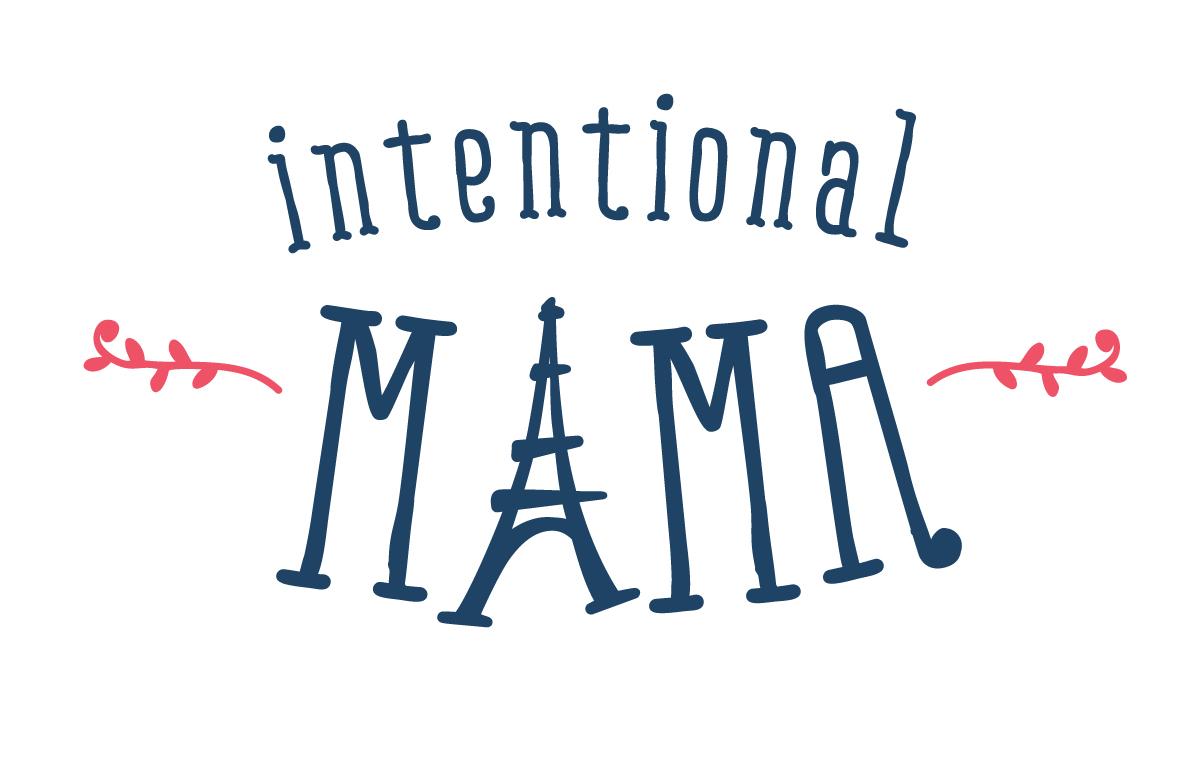5 Truths I Learned About French Parenting from Bringing Up Bebe
Though I lived in France for a year and a half in my twenties, it wasn't until I read Pamela Druckerman's Bringing Up Bébé in 2012 that I started to gain a full picture of French parenting. Here are five general truths about French parenting that I learned from reading Bringing Up Bébé:
1. French women don't breastfeed their babies terribly long, even by American standards. A few months seems to be typical, partially because the vast majority of French women return to work after several months of maternity leave. I expect I'll be nursing our seven-month-old infant when we stay in France next summer, so I'm curious if my French friends will see this as an unusually long time to breastfeed a child.
Bébé banner by BubblyNewYork via Etsy
2. French-funded childcare is widely used and of good quality, with a fair amount of competition for enrollment slots. Unlike daycare in America where quality can vary widely, France closely regulates the educational requirements of daycare staff, and the meals offered to children at these state-run centers are multi-course, serious menus planned well in advance.
3. Most French parents describe themselves as "strict(e)," meaning that they are very firm about key rules and expectations, but within a framework of freedom. They expect their children to learn independence from a young age (i.e., sleeping alone, attending full days of daycare), but they also allow some small misbehaviors to slide. Though loving, the parent is an authoritative figure with the final say in all situations.
4. For a French mother, "mama" is a main role but it does not dominate over her other roles. French society encourages her to maintain her femininity, her career, and her relationship with her husband as equally important (or more important) roles.
5. French parenting is, above all, a task of educating the child. This education absolutely takes a village--grandparents, teachers, and even strangers are free to praise or correct a child as needed. Speaking well and with reason, learning to wait, and respecting one's elders are key components of l'éducation, particularly for young children.
France: Ardennes by Antonio Ponte
Bringing Up Bébé is full of witty and fascinating tidbits about raising a child in France; these are simply a few of the points that struck me as intriguing. I'm sure I'll write more personal posts about French approaches to parenting after my third child is born next year, because as much as I adore French culture, my approaches to parenting an infant seem to differ quite a bit from the most common French approaches!
Which influences (books, friends, parents, etc.) do you think most shaped your parenting or teaching methods? Do you see a mix of cultural influences--American, French, or otherwise--in the way you view and raise children?
Related posts:
Why Bringing Up Bebe Caught Americans' Attention
Breastfeeding Five Years Straight: What I've Learned
This post contains Amazon Affiliate links. All opinions are my own.




